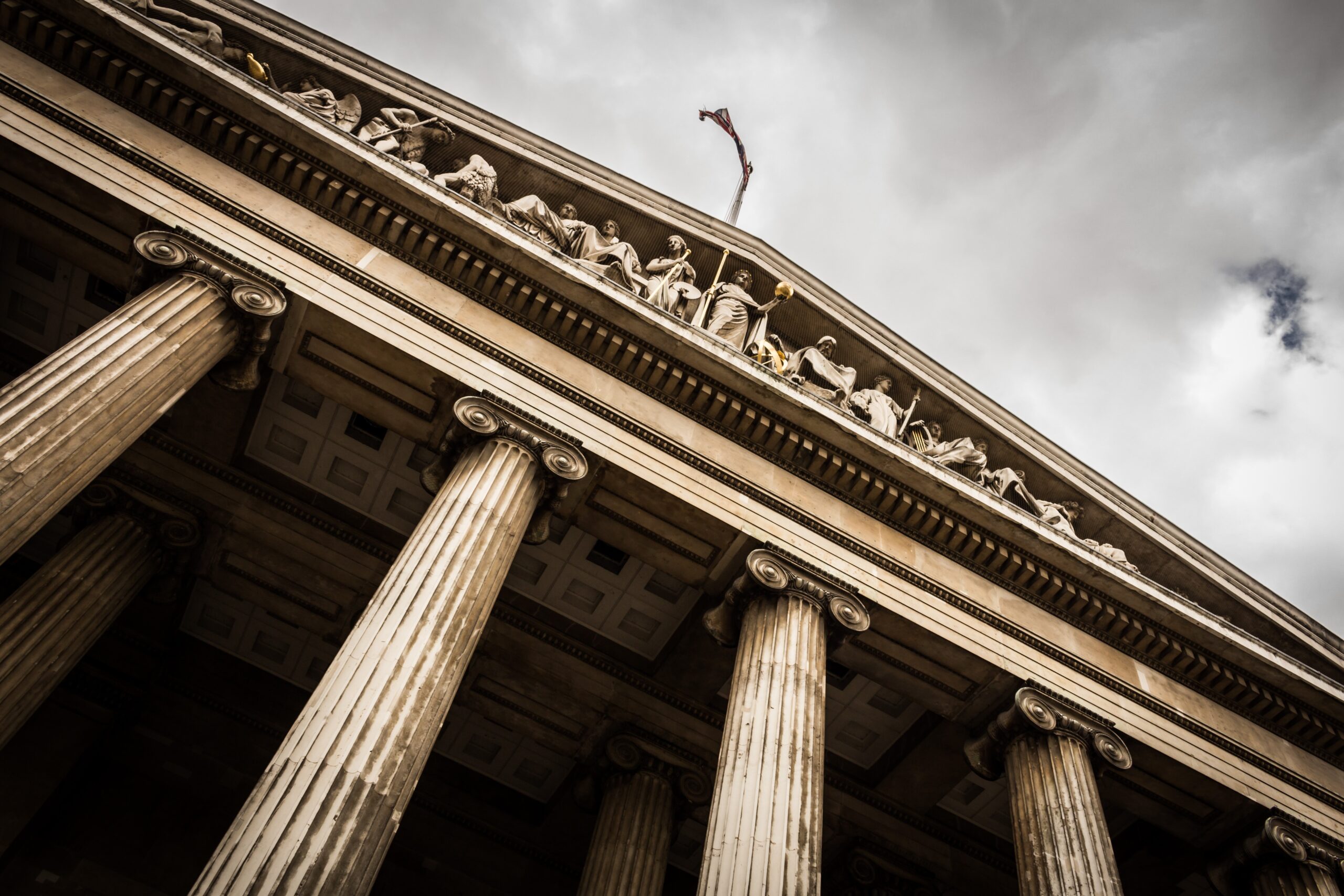
The Digital Frontier: Understanding Web Scraping in the Modern Regulatory Landscape
Imagine navigating a complex digital terrain where every data point represents both an opportunity and a potential legal minefield. Web scraping has transformed from a niche technical practice into a critical business intelligence methodology, but the European Union‘s General Data Protection Regulation (GDPR) has fundamentally reshaped this landscape.
The Evolution of Data Extraction: From Wild West to Regulated Ecosystem
Web scraping emerged in the early days of the internet as a relatively unregulated practice. Developers and researchers could extract vast amounts of data with minimal restrictions. Websites were essentially open books, waiting to be read and analyzed. However, this digital gold rush came with significant ethical and privacy concerns.
The introduction of GDPR marked a pivotal moment in this evolution. No longer could organizations treat data as an unrestricted resource. The regulation demanded a fundamental reimagining of data collection, processing, and management practices.
Decoding GDPR: More Than Just Another Regulation
GDPR isn‘t merely a set of bureaucratic guidelines. It represents a profound philosophical shift in how we understand data privacy and individual rights in the digital age. At its core, the regulation seeks to restore control to individuals over their personal information.
The Fundamental Principles of Personal Data Protection
The regulation establishes several critical principles that fundamentally transform web scraping practices:
Lawful and Transparent Processing: Every data collection activity must have a clear, legitimate purpose. No more opaque data harvesting practices.
Purpose Limitation: Data can only be collected for specified, explicit, and legitimate purposes. The days of collecting data "just in case" are over.
Data Minimization: Organizations must collect only the data absolutely necessary for their stated purpose. This principle challenges the traditional "collect everything" approach.
Accuracy: Personal data must be kept accurate and up to date. This requirement introduces significant operational complexity for data-driven organizations.
Storage Limitation: Personal data cannot be kept indefinitely. Organizations must establish clear retention and deletion policies.
Integrity and Confidentiality: Data must be processed in a manner that ensures appropriate security, including protection against unauthorized processing.
Technical Compliance: Building Robust Web Scraping Architectures
Achieving GDPR compliance requires more than good intentions. It demands sophisticated technical architectures that can dynamically adapt to complex regulatory requirements.
Consent Management: The Cornerstone of Compliance
Implementing a robust consent management system goes beyond simple checkbox mechanisms. Modern solutions require:
- Granular consent tracking
- Clear, understandable language describing data usage
- Easy withdrawal mechanisms
- Comprehensive audit trails
The Technical Challenge of Consent
Developing a consent management system involves intricate technical considerations. You‘ll need to design systems that can:
- Capture explicit user permissions
- Store consent metadata securely
- Enable real-time consent verification
- Support cross-platform consent synchronization
Anonymization and Pseudonymization Techniques
GDPR doesn‘t prohibit data collection; it mandates responsible data handling. Advanced anonymization techniques have become crucial:
- Cryptographic hashing of personal identifiers
- Dynamic data masking
- Tokenization of sensitive information
- Differential privacy algorithms
Real-World Implementation: Navigating Practical Challenges
Case Study: Marketing Intelligence Firm‘s GDPR Transformation
Consider a multinational marketing intelligence organization facing significant GDPR compliance challenges. Their journey involved:
- Comprehensive data mapping exercises
- Redesigning data collection workflows
- Implementing advanced consent management platforms
- Creating cross-border data transfer protocols
The result? A more transparent, ethical approach to data extraction that actually enhanced customer trust.
Emerging Technologies and Future Compliance Strategies
AI and Machine Learning in Regulatory Compliance
Artificial intelligence is rapidly becoming a game-changer in GDPR compliance. Machine learning algorithms can:
- Automatically detect potential compliance risks
- Predict regulatory changes
- Dynamically adapt data processing workflows
- Provide real-time compliance recommendations
Blockchain: A Potential Compliance Game-Changer
Blockchain technology offers promising solutions for consent management and data verification. Imagine immutable, transparent consent records that provide unprecedented accountability.
Global Perspectives: Beyond European Borders
While GDPR originated in the European Union, its influence extends globally. Many countries have introduced similar data protection regulations, creating a complex international compliance landscape.
Regional Variations in Data Protection
Different regions approach data protection uniquely:
- United States: Sector-specific regulations
- California: CCPA with similarities to GDPR
- Brazil: LGPD mirroring European approaches
- China: Strict data localization requirements
Investment and Strategic Considerations
The Business Case for Compliance
Viewing GDPR compliance as a cost center is a strategic mistake. Forward-thinking organizations recognize it as a competitive advantage:
- Enhanced customer trust
- Reduced legal risks
- Improved data management practices
- Potential for innovation
Building a Compliance-First Culture
Successful GDPR implementation requires more than technical solutions. It demands:
- Leadership commitment
- Continuous education
- Cross-functional collaboration
- Ethical data practices
Conclusion: Embracing the New Data Extraction Paradigm
GDPR represents more than a regulatory challenge. It‘s an invitation to reimagine our relationship with data. By embracing transparency, ethics, and individual rights, organizations can transform compliance from a burden into an opportunity.
The future of web scraping isn‘t about collecting more data—it‘s about collecting the right data, responsibly.
Disclaimer: This guide provides strategic insights and should not be considered legal advice. Always consult legal professionals for specific compliance guidance.










